The Silent Struggle of Imposter Syndrome: Why Smart, Capable People Still Feel Like Frauds
Imposter syndrome is that nagging inner voice that whispers you’re not good enough—despite evidence to the contrary. It affects high achievers, caregivers, creatives, and leaders alike. Left unchecked, it fuels anxiety, burnout, and self-doubt. With compassion, clarity, and support, you can learn to quiet that voice and step fully into your strength.
What Is Imposter Syndrome?
Imposter syndrome is the persistent feeling that you don’t deserve your success, that you’re secretly inadequate, or that eventually people will “find you out.”
It isn’t an official mental health diagnosis—it’s a psychological pattern. First identified in 1978 by psychologists Pauline Clance and Suzanne Imes, imposter syndrome is surprisingly common. Studies suggest up to 70% of people will experience it at some point in their lives.
At its core, imposter syndrome isn’t about competence—it’s about perception. Even when your achievements, credentials, or feedback confirm your capability, your inner critic insists it’s not enough.
The Many Faces of Imposter Syndrome
Imposter feelings often show up differently depending on personality, environment, and life stage. Psychologist Dr. Valerie Young has identified several patterns that resonate with what many of our clients describe:
The Perfectionist: Sets unrealistically high standards, then feels like a failure when they inevitably fall short.
The Expert: Never feels “qualified enough,” always chasing more training, certifications, or experience.
The Soloist: Believes asking for help proves incompetence, so struggles in silence.
The Natural Genius: Expects to master things quickly, and feels shame when learning takes time.
The Superhuman: Measures worth by how much they can juggle, often burning out in the process.
Recognize yourself in one of these? You’re not alone.
Who Struggles with Imposter Syndrome?
At Psych Collective, we see imposter syndrome surface in almost every client demographic we serve:
The Self-Aware Striver (high-achieving professionals): Outwardly successful, but inwardly battling exhaustion and self-doubt.
The Compassionate Caregiver (parents, nurses, teachers, therapists): Always giving, but questioning if they’re “enough” in any role.
The Grounded Achiever (leaders in tech, business, or finance): Used to being competent, but unfamiliar with asking for emotional support.
The Curious Creative (artists, writers, entrepreneurs): Sensitive to criticism, often questioning if their work is “worthy.”
Imposter syndrome doesn’t discriminate—it shows up in boardrooms, classrooms, exam rooms, and even living rooms.
The Hidden Costs of Feeling Like a Fraud
While imposter syndrome may seem like “just self-doubt,” the ripple effects can be significant:
Chronic Stress & Burnout: Constant pressure to prove yourself takes a toll on the nervous system.
Anxiety & Depression: Fear of failure often spirals into rumination, withdrawal, or perfectionistic cycles.
Stalled Growth: Avoiding new opportunities because of self-doubt limits both professional and personal fulfillment.
Strained Relationships: When you dismiss your strengths, it can create imbalance in friendships, partnerships, or teams.
Left unaddressed, imposter syndrome chips away at resilience, confidence, and emotional well-being.
Why Smart, Capable People Are Especially Vulnerable
Here’s the paradox: the more competent, caring, or conscientious you are, the more vulnerable you may be to imposter syndrome.
High achievers often move the goalpost—success doesn’t register because they immediately focus on the next challenge.
First-generation professionals or students may feel pressure to prove themselves in spaces they weren’t traditionally represented.
Caregivers and helpers sometimes equate worth with self-sacrifice, dismissing their own needs and successes.
In other words: imposter syndrome thrives where empathy, excellence, and ambition intersect.
How to Begin Untangling Imposter Syndrome
Healing from imposter syndrome doesn’t mean erasing self-doubt. It means changing your relationship to it.
1. Name the Voice, Don’t Become It
When your inner critic pipes up—“You’re not qualified,” “You’re going to fail”—pause and label it: That’s imposter syndrome talking, not truth. This creates distance between the thought and your identity.
2. Collect the Evidence
Keep a “proof portfolio”—emails, feedback, moments of accomplishment. When self-doubt spikes, return to tangible reminders that you are capable and qualified.
3. Redefine Success
Instead of chasing impossible perfection, measure success by learning, effort, or alignment with your values. Progress > perfection.
4. Share the Struggle
Talking about imposter feelings with a trusted friend, mentor, or therapist breaks the cycle of secrecy. Vulnerability creates connection—and you’ll likely discover others feel the same.
5. Anchor in Self-Compassion
Gabor Maté reminds us: the antidote to shame is compassion. When self-doubt arises, try speaking to yourself the way you would to a child or close friend.
Therapy & Imposter Syndrome: Why It Helps
Therapy offers more than reassurance. It helps you:
Uncover root patterns from family, culture, or work environments that fuel imposter beliefs.
Rewire unhelpful thought loops using evidence-based practices like CBT and DBT.
Build emotional resilience so self-doubt doesn’t derail progress.
Reclaim your story—seeing yourself not as a fraud, but as a capable, evolving human.
At Psych Collective, we specialize in working with high achievers, caregivers, leaders, and creatives who silently carry these struggles. You don’t have to keep performing worthiness—you can begin to feel it.
A Different Story Is Possible
Here’s the truth: imposter syndrome is persuasive, but it isn’t prophetic.
You are not “fooling” people.
You are not the exception to worthiness.
You are simply human—navigating growth, uncertainty, and the messy process of becoming.
With support, you can shift from:
Overthinking → Grounded clarity
Fear of being “found out” → Confidence in being known
Performing → Belonging
Final Thoughts
Imposter syndrome whispers that you don’t belong at the table. Healing whispers louder: You are already enough to be here.
You don’t need another degree, accolade, or milestone to prove yourself worthy of rest, joy, or connection. You only need the courage to begin rewriting the script.
And if you’d like a guide on that journey—we’re here when you’re ready.
Call to Action
✨ You don’t have to figure this out alone. Therapy can help you quiet the inner critic and reconnect with your confidence.
📲 Book your free consultation today: www.psychcollective.net | 208.244.0120
